Your Complete Guide to the Social Media Pros and Cons for Business
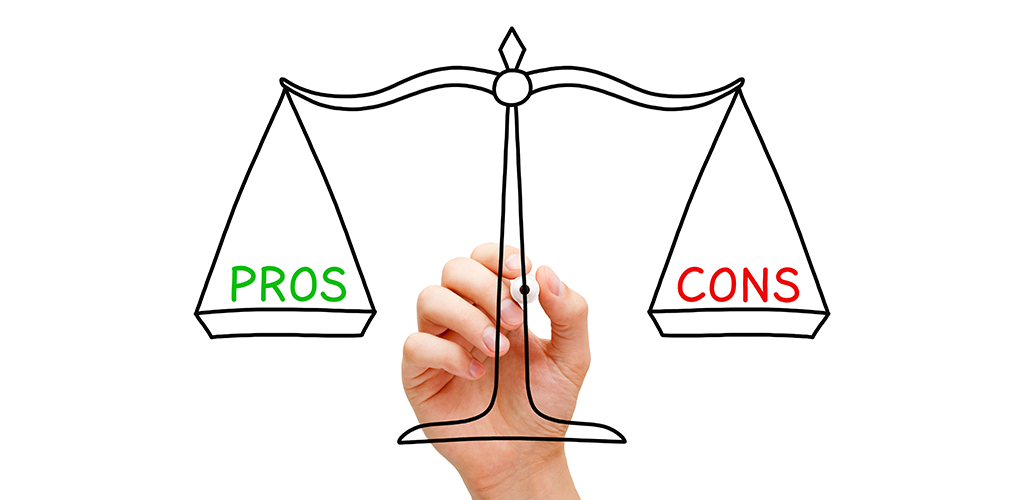
Facebook has more than 2 billion users. Instagram has more than 1 billion. Twitter has hundreds of millions. There’s no denying the power of social media. Each platform gives a business the chance to reach millions of people around the world. However, not each platform is created equal and not all platforms work for all brands when it comes to online marketing. To figure out which platform works best for your business, use this guide.
Social Media Pros and Cons for Business
- YouTube
Facebook Pros
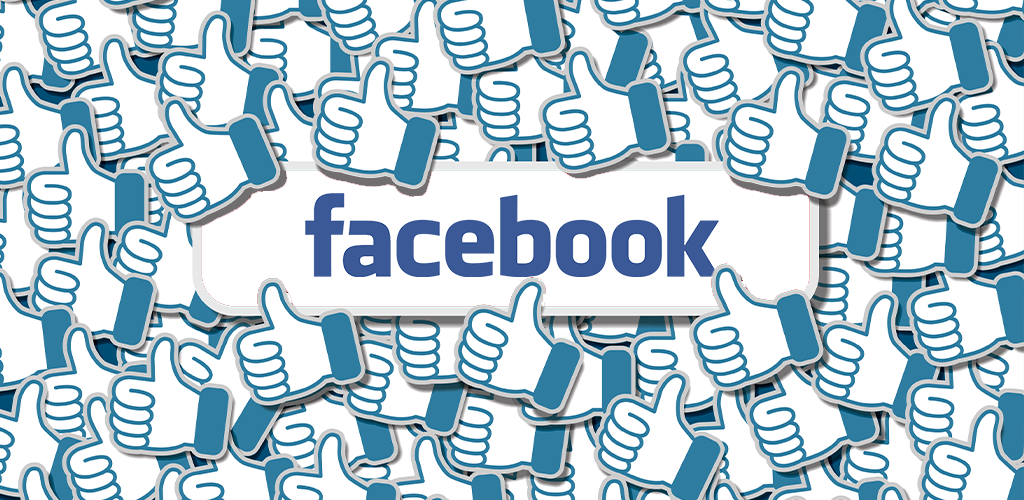
- User Base: Facebook was one of the earliest social media platforms to hit the internet and very quickly saw explosive growth. Thanks to its early innovation, Facebook boasts the most users of any social media platform, with more than 2 billion active accounts. If you use Facebook for your brand, you have an almost unlimited potential audience.
- Demographics: In addition to having the most users, Facebook is also home to the widest variety of users. Although the platform is most typically thought of as being dominated by millennials, Facebook actually has the fastest growing group of aging users out of any social media brand.
- Engagement Tools: While you can easily engage with your users on any platform, Facebook was the first and arguably the best. Users can like, share, and comment on your posts and you can just as easily respond to them, allowing you to open up two-way communication. Facebook also makes it simple for a people to send you messages and leave reviews about your business.
- Advertising: Thanks to the wide demographic range of Facebook users, targeted ads and sponsored posts on the platform are incredibly effective. It’s easy to choose exactly who you want an ad to target so you get the most bang for your buck. Speaking of buck, Facebook ads are also reasonably priced for most businesses.
- Business Pages: Finally, Facebook is one of the best platforms for use as a business. You can set up a business page in a matter of minutes. Each page allows you to tell your customers about your brand, connect them to an official website, share contact information including an email, phone number and location, add photos and logos, and more. Facebook’s business pages are so effective, many small businesses even choose to use them as official websites.
Facebook Cons
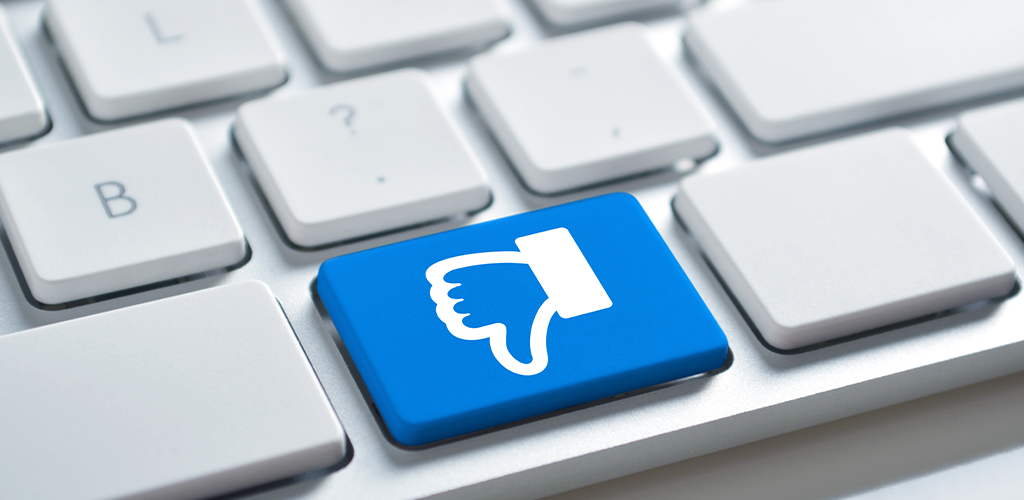
- Time: Although it’s easy to set up a Facebook page, and although you have billions of potential audience members, actually reaching out to those people and growing your page can take months or even years. Unlike with Twitter or Instagram, you can’t use the “follow-for-follow” method of building a following. Instead, you have to draw users in to you. In addition, a Facebook page has to be monitored constantly. Thanks to the immediacy of social media, consumers expect near immediate responses to their questions.
- Price: We mentioned in the “pros” that the cost of setting up an ad on Facebook is quite reasonable. That being said, if you don’t want to put in the time to build a following organically, your next best option is to pay for those ads to draw people in. Depending on how quickly and how big you want your page to grow, the cost of the ads can quickly become significant. This is one of many examples how the social media pros and cons for business often depend on one another.
- Reputation: Social media platforms like Facebook are a great way to build a personality for your brand that your customers can engage with. However, because your customers can engage with you, you need to monitor your pages 24/7. Customers won’t hesitate to publicly air their complaints on your Facebook page and if you don’t catch and respond to them quickly, it can have a detrimental effect to your overall brand.
- Commitment: Last, but not least, Facebook requires a lot of commitment to run. Because it takes time to build, it becomes especially important that you frequently post content for your followers to engage with and that you engage back.
Twitter Pros
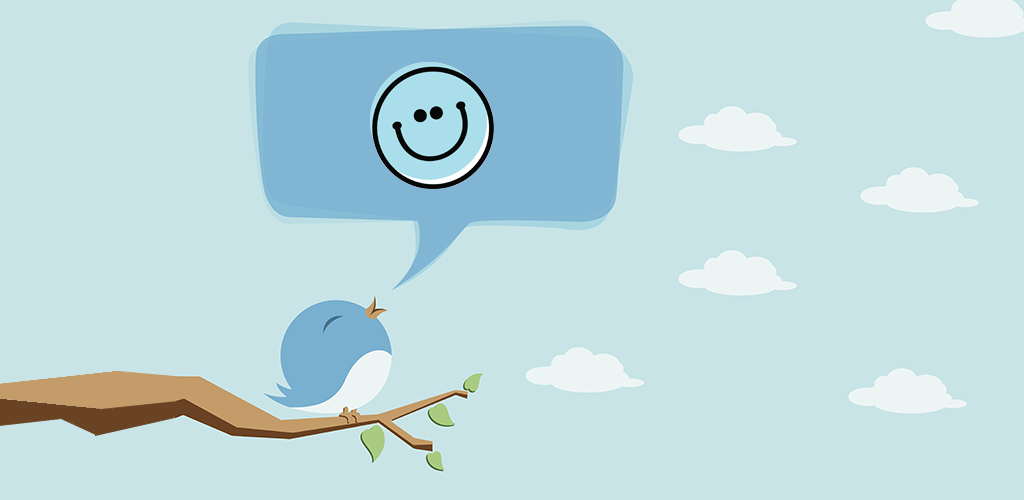
- Visibility: Twitter is the most open platform, meaning it doesn’t use as many complicated algorithms to filter content and decide what users want to see. Simply put, if someone follows you on Twitter, they’re going to see your content. If they retweet what you post, their followers will see that tweet as well.
- Growth: When it comes to building a following on Twitter, it can be done faster and easier than with Facebook. Twitter has an edge over Facebook in this area because the platform allows you to follow people of your own accord, which makes them more likely to follow you back.
- Engagement: Much like Facebook, Twitter offers your business the chance to easily engage with your followers. Your customers can favourite, retweet and comment on your posts and you can do the same with theirs. Thanks to the speed at which Twitter moves, engagement is also often higher than it would be on Facebook.
- Money: Since it’s easier to build a following on Twitter than it is on Facebook, you’re less likely to need to pay for ads and sponsored content. That, in turn, makes your wallet much happier.
- Demographics: Twitter doesn’t have the same, broad user base as Facebook but that can work in your favour just as well. Because older generations are joining Facebook, younger generations are slowly abandoning the platform (or limiting their use). That trend isn’t happening to Twitter yet, meaning it’s a great way to reach out to a younger audience if that’s who your brand caters to.
Twitter Cons
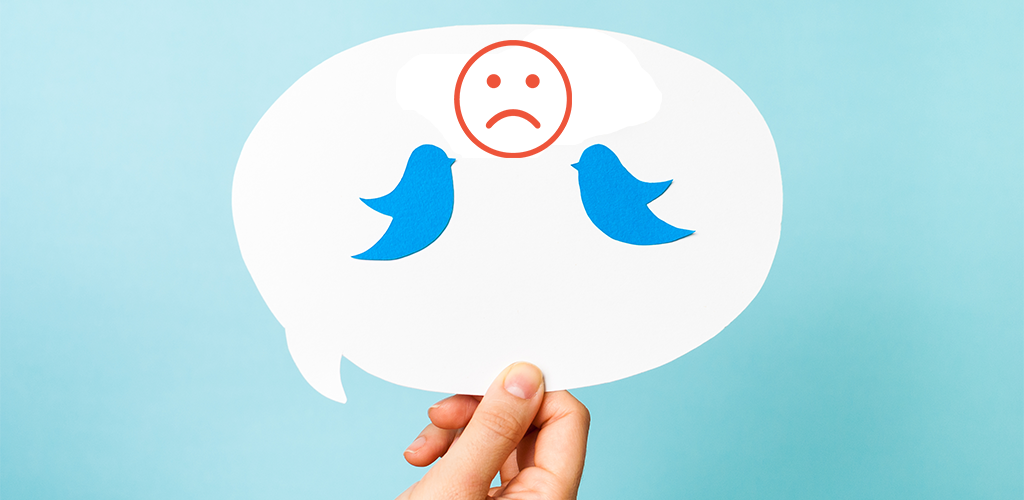
- Clutter: While Twitter itself doesn’t filter out content, many users follow hundreds, if not thousands of accounts. That leads to feeds absolutely bursting with content and your brand’s tweets can easily get lost in the shuffle.
- Time: Time is a con for both Facebook and Twitter but in different ways. When it comes to Twitter, watching favourites and retweets roll in is both very validating and addictive. It’s incredibly easy to fall into a notification addiction where you constantly keep an eye on your Twitter interactions, leading to a decrease in overall productivity. Avoid falling into a Twitter addiction by setting specific times to use the platform and sticking to that schedule.
- Advertising: While you can advertise on Twitter, that doesn’t necessarily mean you should. The platform has a reputation for promoting brand personalities rather than just products. Take Wendy’s, for example: while they promote their food, the big draw to their social media is the sassy persona they’ve built around the brand. If you focus your own account too much around self-promotion, the likelihood of annoyed audiences unfollowing you grows.
- No Editing: Twitter is an incredibly fast-paced social media platform. The second you send a tweet, it’s pretty likely that dozens of people have seen it. Sometimes your tweet can go viral in a matter of minutes. While that can be great for your brand, it can also spread mistakes (typos or tweets with misinterpreted content) before you have the chance to correct them. Because Twitter doesn’t allow you to edit tweets, you have to think through and edit each of your posts meticulously to prevent accidents from happening.
Instagram Pros
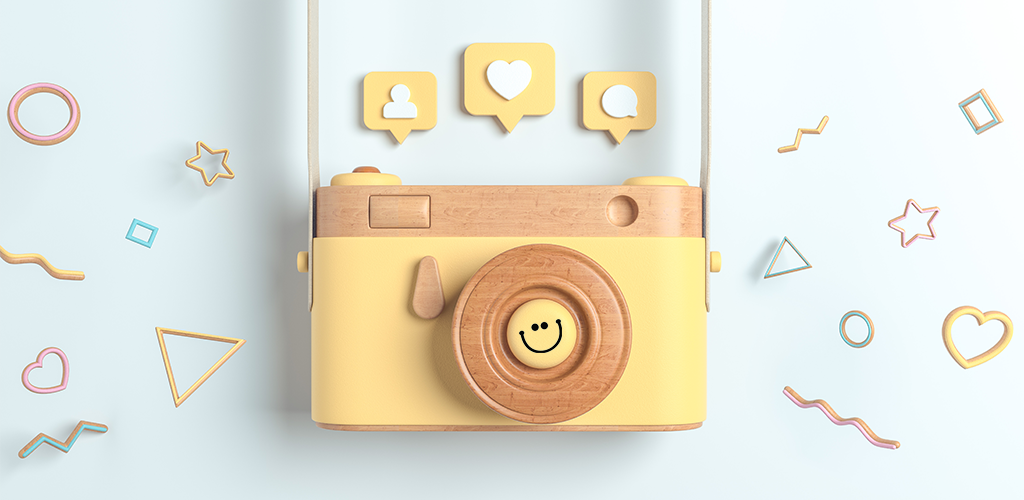
- Visuals: Instagram is the best photo sharing platform because that’s what it was actually built to do. Because the platform relies on photos to share information, it’s a great way for a brand to visually attract an audience.
- Growing Platform: Currently, Instagram is the fastest growing social media platform. With more than 1 billion active users, it easily surpassed the popularity of Twitter and is making a run to match Facebook. With that many users, you have huge untapped potential for growing your brand’s following.
- Mobile-Optimized: Instagram was built to be viewed on a mobile device because more people are accessing the internet through mobile devices than ever before. Thanks to that, anything posted on Instagram also looks good on desktop.
- Hashtags: Admittedly, Twitter is the king of hashtags but Instagram is giving them a run for their money. Instagram has a leg up on Twitter in two ways. First, there’s no 280 character limit on an Instagram post, meaning you can use 10 hashtags if you really want to. That increases the likelihood of your posts performing well. Second, you can easily separate hashtags from the main text of an Instagram post so the post remains easy to read.
- Quick Engagement: One unique trait of Instagram is that the majority of all engagements on a post comes within six hours of publication. That allows you to easily and quickly track the type of content that is most successful for your brand.
Instagram Cons
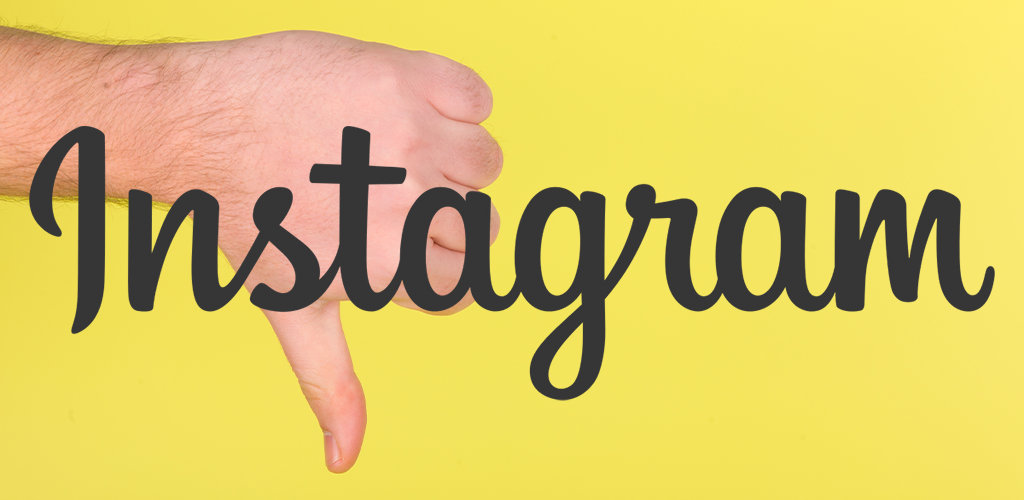
- Not PC Friendly: As we mentioned earlier, Instagram is mobile-optimized which means it functions and looks best on a mobile device. Although Instagram content still looks great on a desktop computer, you have significantly less functionality. On desktop, Instagram prevents you from posting entirely. There are a few workarounds but ultimately this lack of functionality forces you to run your Instagram account from a phone.
- Engagement: While you’re more likely to receive likes and comments on Instagram, the platform falls short of Twitter and Facebook in the engagement department because there’s no option to share images. There are some third party apps that make sharing possible but as of now, nothing is integrated officially with Instagram.
- Link Sharing: Instagram also under-performs in the link sharing department. Simply put, the only place to share an active link on Instagram is in your bio. While this helps keep spam to a minimum on the site, it reduces the amount of ways you can send your followers back to your website or blog or other social media.
- Price: Although Instagram is free to use and advertising prices are reasonable, Instagram functions best to promote a brand when it’s using high quality images and videos. For small brands who can’t hire professional photographers and don’t want to risk copyright infringements by snagging images from Google, the alternative is to pay to use a stock photo service. While it will improve the overall quality of your Instagram account, it can also become quite costly.
LinkedIn Pros
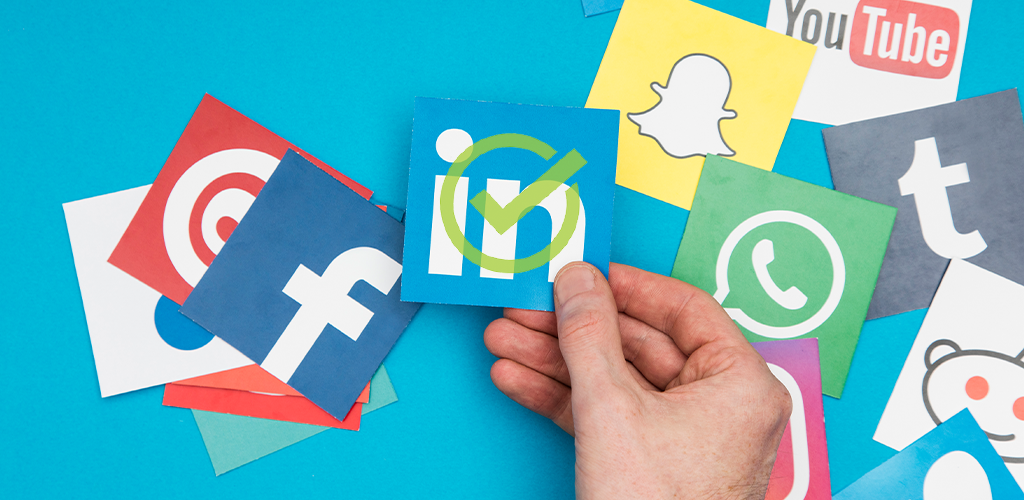
- Valuable Content Boost: LinkedIn is a platform that focuses on both connections and information. Thanks to this, if you write or share a particularly engaging and informative article and your connections respond well to it, LinkedIn will automatically share it to people relevant to your field. That means you can quickly reach thousands of people without paying a penny to do it.
- Longer-Lasting Content: Unlike most social media platforms, LinkedIn moves relatively slowly. Your posts might appear on someone’s feed for days or weeks rather than just for hours, meaning there’s a greater likelihood that your content will be seen.
- Less Personal, More Professional: LinkedIn is geared towards professionals looking to connect with others in their industry. This spurs two pros for the platform. One: because LinkedIn is a professional network, users are more likely to remain professional in their engagements, meaning you don’t have to deal with complaints and trolls. Two: users are looking to make professional connections which means they’re more likely to accept your connection requests, therefore allowing you to build your following quickly.
- Great Info Sharing: Similar to a Facebook business page, LinkedIn allows you to create a detailed page about your brand. Anyone who visits your profile will get a thorough snapshot of who you are and what you do.
LinkedIn Cons
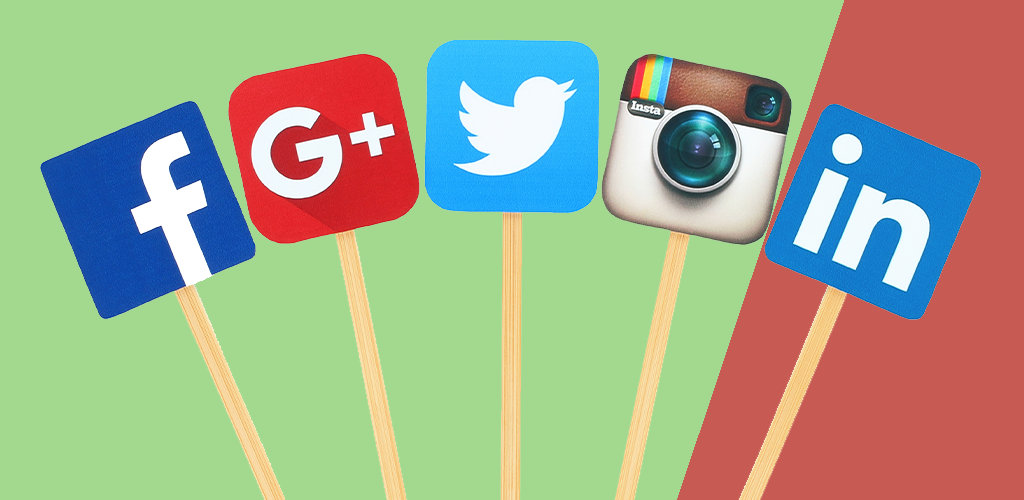
- Limited Demographics: LinkedIn is best used for professionals, which means there’s a limit to who you will reach by using the platform. Young people who haven’t yet started developing a career are less likely to be on LinkedIn, as are people who are nearing the end of their careers or who have already started retirement.
- Expensive Ads: The nice thing about LinkedIn is that the platform will automatically share engaging content on your behalf. However, if you find that that isn’t enough and want to create your own ads, LinkedIn becomes pricey quickly.
- Undisclosed Filter Rules: LinkedIn has some strange rules when it comes to exactly what content can be shared but they aren’t very forthcoming with exactly what those rules are. That means you might find content taken down with no notice or explained cause.
- Time: While LinkedIn doesn’t have as many barriers to page growth as Facebook, you still have to focus on curating relevant, engaging content to share on the platform in order to be able to grow your following quickly.
Reddit Pros
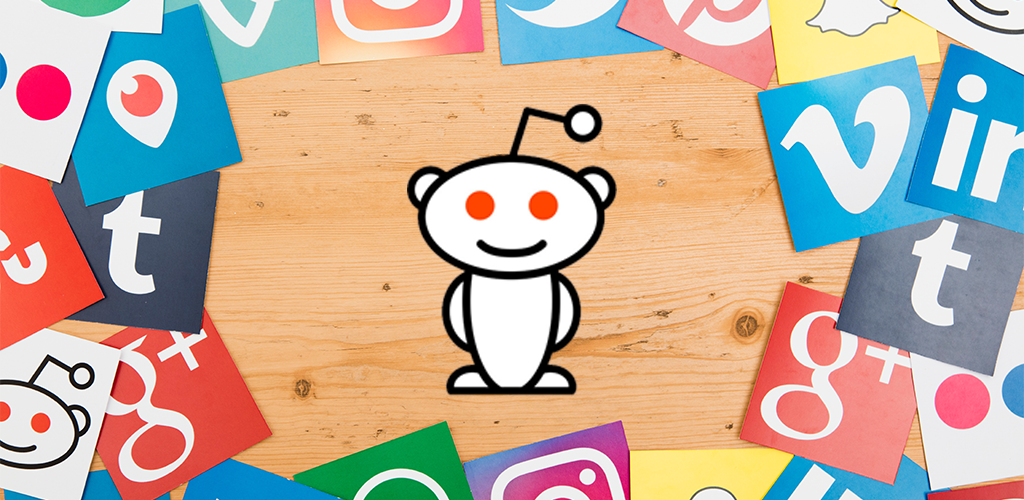
- Increased Traffic: Reddit is not the ideal site for focusing your marketing efforts, something we’ll explain down in the cons section. However, having and using a Reddit account is just another place to generate mentions of your business and possibly increase traffic to your site.
- Niche Marketing: The best thing about Reddit is that it’s comprised of “subreddits” which are groups built for people interested in certain topics. That makes it easy to find users who would be specifically interest in your industry and business.
- Great Discussions: Reddit is quite possibly the best platform to join in on discussions. If you want to generate talk about your business or industry, Reddit is the place to do it.
- Excellent for Research: When it comes to Reddit, the platform is sometimes simply best for the silent observer. It’s a great platform to gather information about consumers, competitors, and your industry as a whole.
Reddit Cons
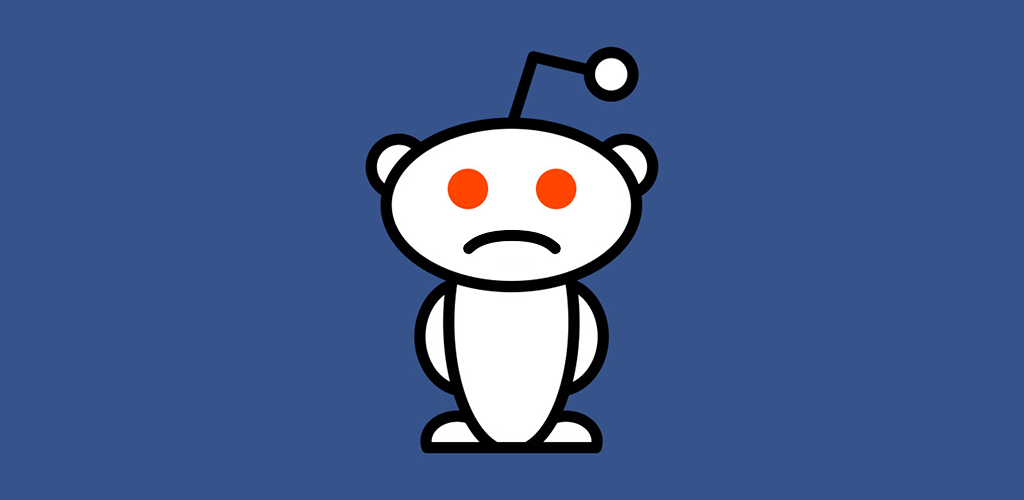
- Hard to Market: Redditors are notoriously unkind to brands that blatantly promote their business. If you try to market your business, you may see that you lose more potential customers than you gain. The platform’s general rule of thumb is that for every promotional post you make, you should post 10 other items that bring value to other Redditors (for example, joining discussions).
- Strict Rules: As we mentioned above, Reddit is made up of smaller groups within the platform called “subreddits.” Every subreddit has different rules about the things you’re allowed to post. If you don’t follow the rules, your posts will be removed and ultimately be a waste of your time.
- Demographics: Approximately 87% of Redditors are 35 years or younger. If your main audience is older than that (or varies widely), Reddit won’t be your best way to reach new customers.
- Time: With Reddit, users build up something called “karma.” Karma is earned by other Redditors giving you rewards (similar to likes) for the things you post. The more karma you have, the more trustworthy your account looks to others on the platform. However, it can take a really long time for you to build up enough karma for your business’ account to see any meaningful growth.
Youtube Pros
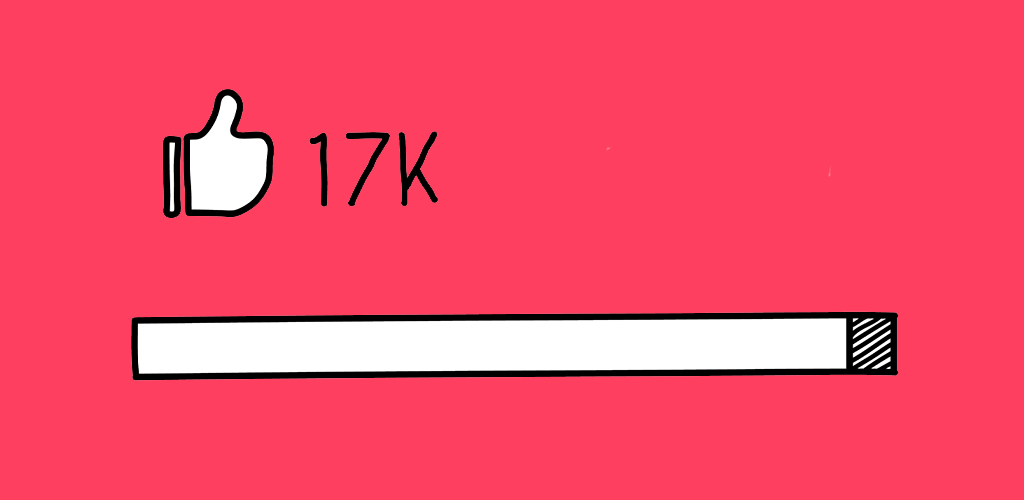
- Potential to Go Viral: YouTube stars are created every day. They hit on just the right formula for a video and are rocketed to almost instant fame. If you use a YouTube account, your business has more chance of going viral in the same way (although, we will admit, the chances are slim; that’s one thing that seems to be seldom mentioned in lists of the social media pros and cons for business).
- No Length Limits: While YouTube does offer the possibility of going viral, it serves you better by allowing you to produce content without time constraints. Unlike other social media platforms that cap video lengths, you can use YouTube to share videos that deep dive into topics simply because you have the space to do so.
- Better SEO: Because YouTube is owned by Google, videos automatically earn preferential treatment in search engine rankings. Although the effect isn’t enormous, actively running a YouTube page can help push your business to the top of a search, thus generating more traffic.
- Free to Use: There are several platforms available for you to host video on. However, most of those platforms charge subscription fees. YouTube does not.
YouTube Cons
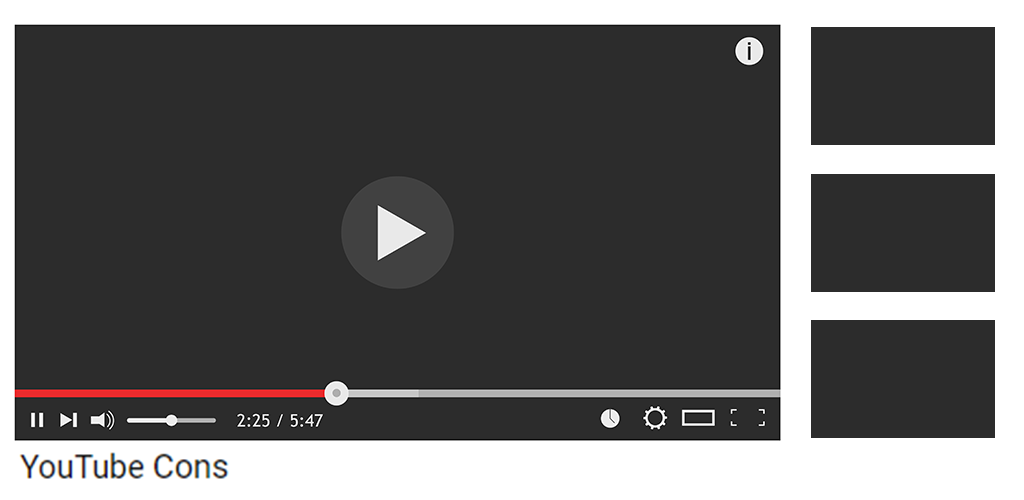
- Unrelated Ads: Okay, so we just told you that YouTube is free to use and that’s true. However, free YouTube accounts run the risk of having unrelated ads running before or during your content. If you want to avoid the potential for annoying your customers or having competitors advertise over your content, you may have to upgrade to a paid account.
- No Customization: One drawback to using YouTube for business is that you can’t customize a YouTube channel to match the look and feel of your website. For most, that’s a minor hitch, but some design-oriented businesses find it to be enough of a drawback that they choose a different video platform instead.
- Time: If you plan to use a YouTube channel to promote your business, your content must be polished and professional. This means it will take time and a lot of it to produce content for your channel. Building a following on YouTube also takes a long time to accomplish.
- Length: While it’s great that YouTube doesn’t impose length limits for videos, your audience’s attention might. Research has shown that attention-span for most videos begins to wane at around the one-minute mark. So, just because you can make your videos as long as you’d like, that doesn’t mean you should.
Pinterest Pros
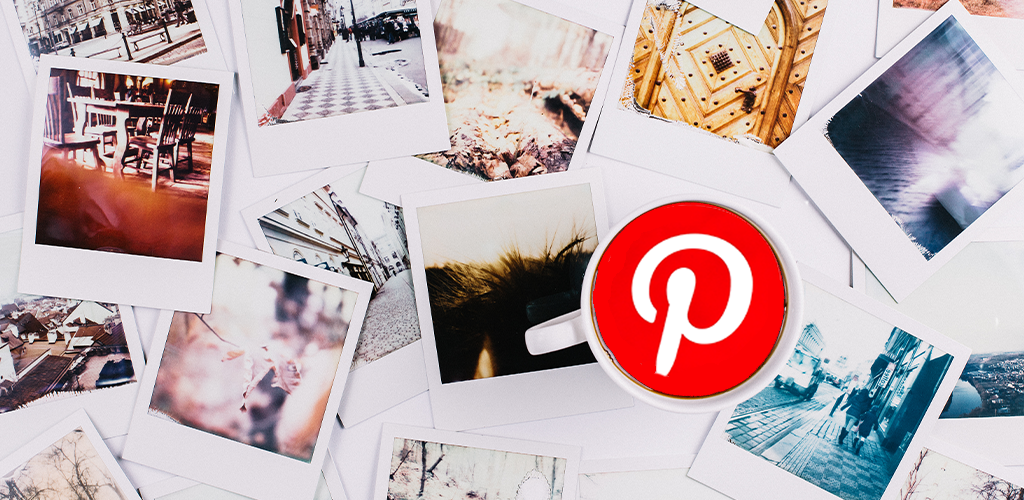
- Selective Following: Pinterest is made up of “boards” which are groups of related content. The nice thing about the platform is that if your brand has a few different interests or focuses, your audience can choose to follow only what they’re interested in, this way you don’t accidentally annoy them with content they don’t care for.
- Less Involved: Pinterest is used mostly as a sharing platform. While you may get or leave the occasional comment, it’s less likely than with Twitter or Facebook. That means you don’t have to monitor your Pinterest account as heavily which saves you time in the long run.
- Source Links: Most pins on Pinterest link back to the source they come from, meaning Pinterest is especially good at driving traffic back to your website.
Pinterest Cons
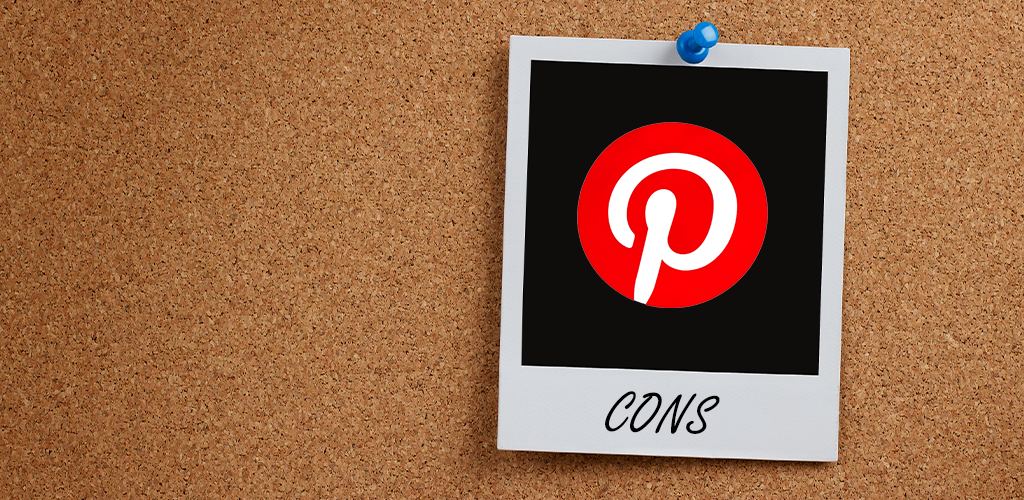
- Demographics: Pinterest attracts a very niche audience, and that audience is usually young and female. If your main target audience doesn’t fall within that niche, Pinterest probably won’t work well for you.
- Quality: Pinterest deals in images and those images must be high quality. For some businesses, that means shelling out extra money to pay to use a photo service or to hire a professional photographer if you don’t have one already.
Now you have a better understanding of the social media pros and cons for business. Whichever platform you choose, have fun engaging with your customers.
Visit Shopivo and stay tuned for exciting news and updates! Sign up for our emails and stay up-to-date on new developments and features.
